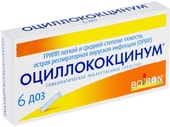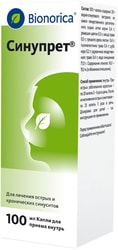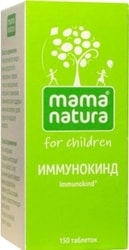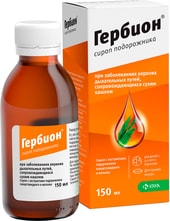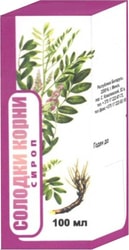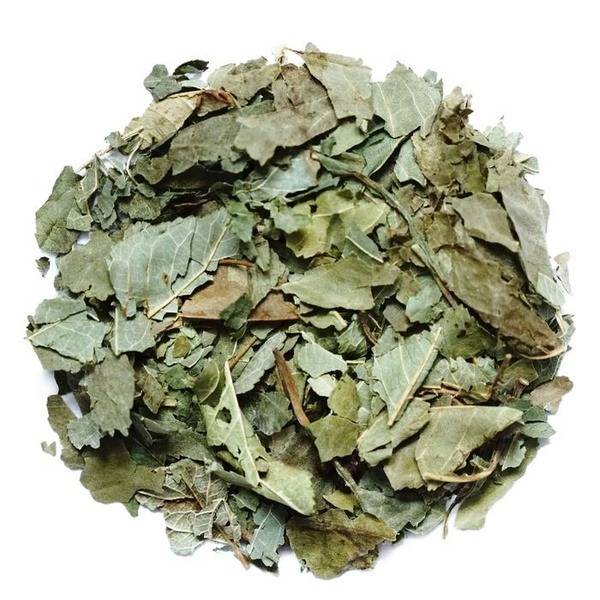
Cherry (Prunus cerasus) is a small tree with grey-brown bark, elliptical pointed leaves with serrated edges, and fragrant white flowers arranged in umbels. Its dark red, spherical fruits are sweet and tart drupes. Reaching heights of 1.5 to 6 meters, numerous cultivars exist, blossoming in April-May and bearing fruit from June to August. Native to Transcaucasia and Northern Persia, cherries have been cultivated since prehistoric times and are now grown worldwide, excluding extremely cold, high-altitude, and desert regions.
Over 200 cherry varieties exist, differing in chemical composition and ripening time. The Vladimirskaya cherry is particularly prized. Cherries are rich in glucose and fructose (10%), organic acids (malic, citric), nitrogenous compounds, ash, tannins, keracyanin chloride, pigments, and vitamins (A: 0.37-0.55 mg%, C: 15 mg%, PP: up to 0.4 mg%). They are also a relatively good source of copper (11.7 mg per kg of edible mass). Cherry seeds contain 25-35% fatty oil, the glucoside amygdalin, and essential oil, but are considered toxic.
Cherries and their components have a long history of use in traditional medicine across various cultures. The fruits are known to:
Traditional medicine also suggests that cherries influence the central nervous system; historically, decoctions were used to treat mental illnesses and epilepsy. Cherry juice acts as a digestive aid and expectorant for respiratory ailments. Cherries combined with milk are used for arthritis. While cherry seeds are toxic, small quantities have been traditionally employed for gout and kidney stones, with their emulsion believed to increase urination. A decoction of cherry stems acts as a diuretic and haemostatic agent, particularly useful for heavy menstrual bleeding. A decoction of twigs is used for diarrhea, and a decoction of fresh leaves in milk is used traditionally for jaundice.
This information is for educational purposes only and is not intended as medical advice. Consult a healthcare professional before using cherries or cherry products for medicinal purposes, especially if you have pre-existing health conditions or are taking medications. Cherry seeds contain amygdalin, a cyanogenic glycoside, and should not be consumed in large quantities.
